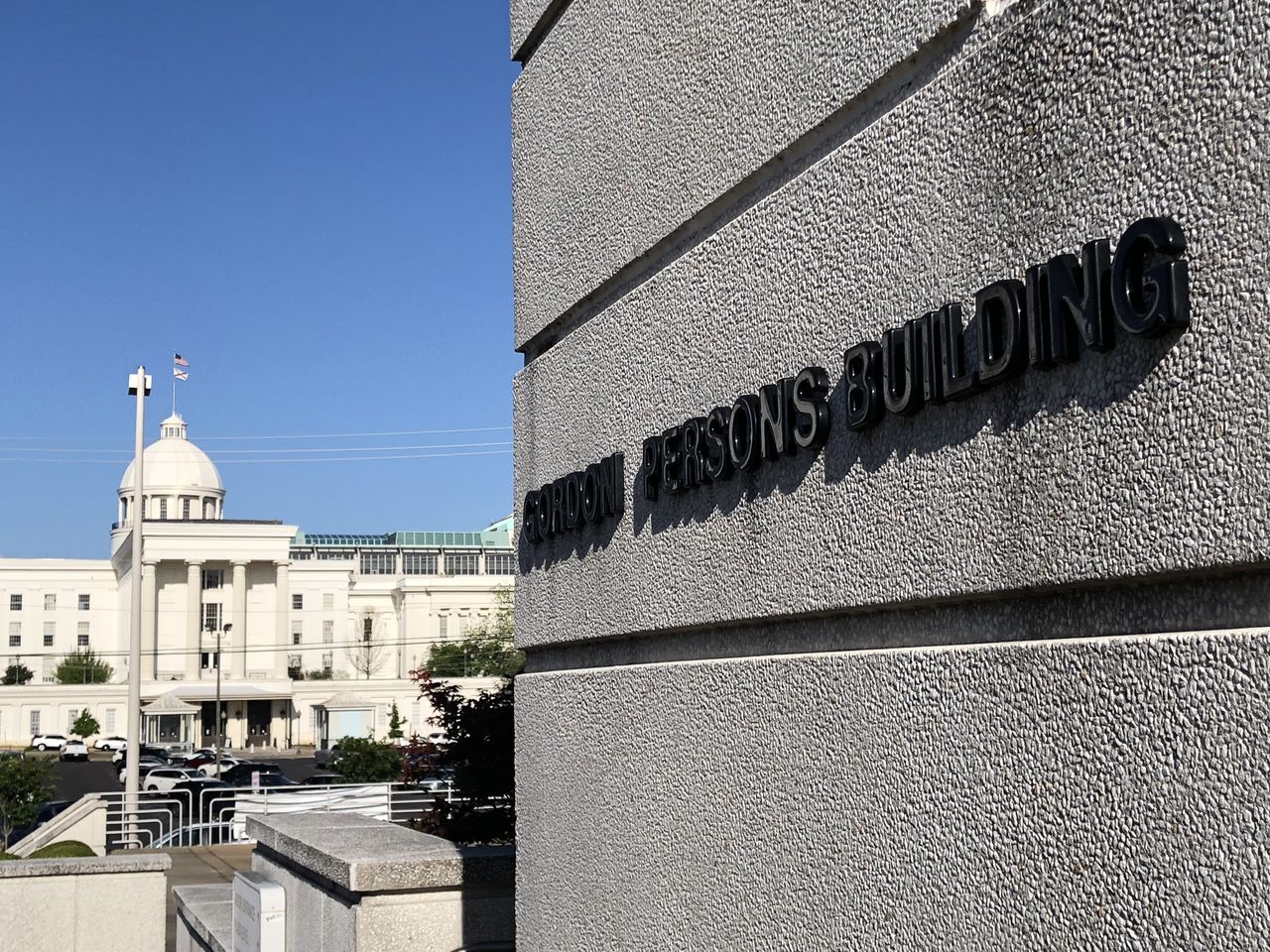Alabama officials demand better teacher certification exam pass rates
Want more state education news? Sign up for The Alabama Education Lab’s free, weekly newsletter, Ed Chat.
Alabama state officials on Thursday demanded better certification pass rates from the state’s future teachers and those who prepare them.
Wayne Reynolds, a former superintendent, said he was alarmed about a state report showing 53% of Alabama’s elementary teacher candidates passed the Praxis certification on their first try.
“Fifty percent is not impressive to me,” Reynolds said at a regular monthly meeting of the state Board of Education. He is vice president of the board.
Read more from the Ed Lab about teacher quality:
- Schools rely on uncertified teachers to fill staffing shortages.
- Alabama lowers teacher certification, Praxis requirements, effective immediately.
The first-attempt pass rate was reported by the Alabama Commission on Evaluative Services in September as part of a larger look at enrollment at the state’s teacher preparation programs
ACES sourced those rates to research by the National Council on Teacher Quality that evaluated first-attempt pass rates based on test results from 2015 through 2018.
Reynolds and other board members keyed in on the overall 53% pass rate and the wide range of first-attempt pass rates from the state’s 14 public universities, also published in the report.
State education officials responded by saying while low, the reported rate doesn’t necessarily reflect efforts from Alabama students and future teachers.
Alabama Superintendent Eric Mackey said the pass rates published in the report includes students who aren’t actually enrolled in an Alabama college but chose to have their results sent to that college or to the state department of education.
And some students might not be putting their full effort into that first round of taking the test, Huntingdon College Dean of Education Carolyn Corliss said, because her college pays for students to take the test once.
Deanise Peacock, who leads the teacher testing area at the state department of education, said the test for which the pass rate was published contains four subtests. One each for English language arts, math, science and social studies. A teacher would have to pass all four subtests to count as having passed the test.
But students might take the four subtests the first time simply as a matter of cost.
“Their thought process is to take the bundle. It’s a lower price,” Peacock said. And if they fail to pass one of the subtests, they can take just that test again.
“Which is a fine strategy, but it also hurts the numbers here.”
According to NCTQ, Alabama’s walk away rate – the percentage of test takers that never took the test again after failing on a first attempt – was between 22% and 25% for each of the four subtests for all students. Students of color had higher walk away rates: Between 33% and 37% of students of color didn’t take the test a second time after failing on their first attempt.
Peacock instead provided examples of individual pass rates on each of the four subtests, claiming the low overall passage rates masks much higher individual test passage rates.
An Alabama Education Lab look at NCTQ’s data found that Alabama was one of 16 states to require the same Praxis test, an elementary multiple subjects test. Of those 16 states, first-time pass rates ranged from 34% in New Jersey to 57% in Virginia.
Alabama’s 53% first-time pass rate was the third highest of the 16 states, behind Virginia and Idaho. That was not included in the ACES report.
Board members took education officials, including some deans of the colleges of education in attendance, to task, asking what action will be taken to improve those first-attempt pass rates.
“Some deans focus on open enrollment,” Reynolds said. “They take everybody because they want equal opportunity, which is fine. But somewhere along the line with open enrollment, there has to be some discretion, and some guideposts to allow people to progress. And so that they don’t end up in our classroom as substandard teachers.”
Corliss told board members they now require pre-service teachers to be tutored prior to taking the Praxis for the first time.
Peacock said she talked with test publisher Educational Testing Service earlier in the week, after the published rates were brought to her attention, to try and find a better way of recording and reporting the data.
College officials can review the data monthly, she said, and remove results of test takers who are not enrolled at the college.
Katie Kinney, president of the Alabama Association for Colleges for Teacher Education, told AL.com the limitations of the first-attempt pass rate and what it measures means it isn’t useful in helping increase the quantity or quality of elementary teachers.
“We want data to inform continuous improvement for our programs,” Kinney said, “but first-time attempt pass rate data aren’t the data to aid us in that work.”
